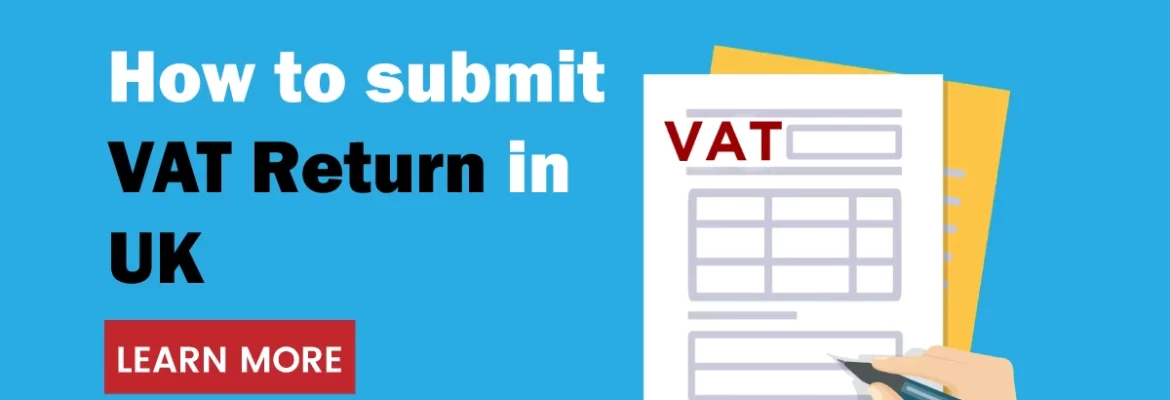Tax records are essential for both individuals and businesses, as they provide important documentation for income, deductions, and tax liabilities. Keeping accurate and organized records is not only essential for tax compliance but also for financial planning and management. In this blog, we’ll explore the different types of records that sole traders and limited companies […]


